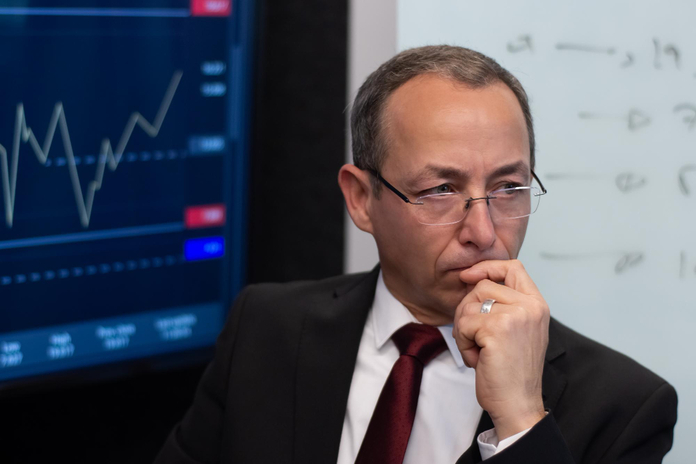Elliott Investment Management, one of the most influential activist hedge funds, is launching a high-stakes proxy battle with Southwest Airlines Co. (NYSE:LUV). The hedge fund is seeking to nominate 10 new directors to the 15-member board, a move aimed at addressing the airline’s lagging performance compared to its competitors. This aggressive strategy underscores the urgency Elliott sees in revitalizing Southwest, which has struggled to keep pace with industry giants like Delta Air Lines (NYSE:DAL) and United Airlines (NASDAQ:UAL).
Elliott Investment Management Southwest Airlines: A Proxy Battle Begins
The Elliott Investment Management Southwest Airlines proxy fight represents a critical juncture for the airline, which has seen its stock price decline by 12% this year, even as the broader S&P 500 has gained 14%. Elliott, which has accumulated an 8% stake in Southwest, argues that the airline’s underperformance demands immediate and significant changes at the board level. The hedge fund’s move to nominate 10 directors marks a bold step towards what it sees as necessary governance and strategic reforms.
Southwest Airlines responded to Elliott’s push with a statement on Wednesday, expressing disappointment that Elliott had decided to go public with its intentions despite ongoing discussions. The airline claimed it had been working towards a collaborative resolution with the hedge fund, including potential board refreshment and other governance enhancements. However, Elliott’s decision to proceed with a public proxy fight suggests the firm believes more drastic measures are needed.
The Urgent Need for Change at Southwest
Elliott’s push for change comes on the heels of Southwest’s disappointing financial performance. The airline has consistently trailed behind its peers in key metrics, including second-quarter operating margins, where it lagged far behind Delta, United, and American Airlines (NASDAQ:AAL). Analysts are now predicting that Southwest will report a loss in the third quarter, further intensifying the pressure on the company to act.
In response to its poor performance, Southwest recently announced plans to implement several changes aimed at boosting revenue. These include the introduction of assigned seating and the option for extra legroom at higher prices on about one-third of its seats. However, Elliott believes these measures are too little, too late, and is pushing for more significant changes at the leadership level.
The hedge fund has previously called for the removal of Southwest’s CEO Robert Jordan and Chairman Gary Kelly, blaming their leadership for the airline’s inability to adapt to industry changes. Elliott’s proposed board slate includes experienced executives from across the aviation industry, such as former CEOs of Air Canada, WestJet, and Virgin America, as well as former senior executives from JetBlue and Ryanair. This impressive lineup reflects Elliott’s belief that fresh leadership with deep industry knowledge is crucial to turning Southwest around.
What’s at Stake for Southwest Airlines?
The Elliott Investment Management Southwest Airlines confrontation highlights the growing influence of activist investors in shaping corporate strategies, especially in industries facing significant challenges. Should Elliott succeed in its bid to overhaul the board, it could pave the way for more aggressive changes in Southwest’s operations, potentially including new management appointments and a reevaluation of the airline’s strategic direction.
However, the outcome of this proxy fight is far from certain. Elliott will need to gain the support of other Southwest shareholders, who may have differing views on the best path forward for the airline. The hedge fund’s previous successes, such as influencing management changes at Starbucks (NASDAQ:SBUX), demonstrate its ability to drive significant change, but each corporate battle presents unique challenges.
For Southwest, the stakes are high. The airline’s future performance and its ability to compete in an increasingly competitive industry may well hinge on the outcome of this boardroom battle. As the situation unfolds, all eyes will be on how Southwest navigates this turbulent period and whether Elliott’s bold move will ultimately lead to the turnaround it envisions.
In conclusion, the Elliott Investment Management Southwest Airlines proxy fight is a clear signal that the hedge fund sees significant untapped potential in the airline, but believes it can only be realized through major changes at the top. The coming months will be critical in determining whether Elliott’s vision for Southwest takes flight or encounters turbulence.
Featured Image: Freepik



